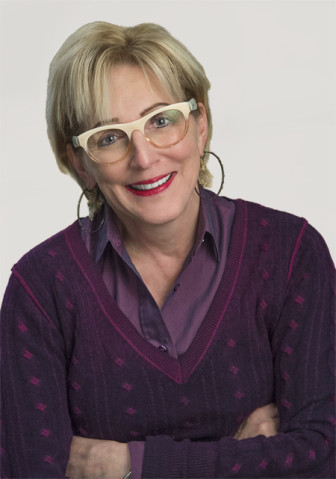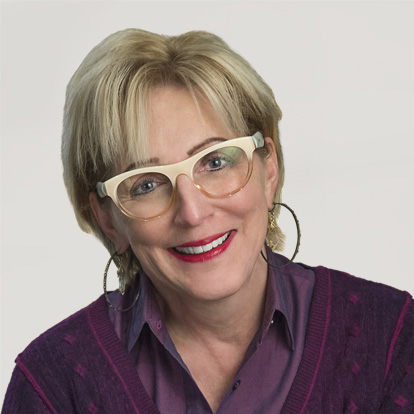 One of the biggest issues a person who grows up in an under-resourced household has is dealing with money. In households where the resources are stable, adults teach their children about money: They give them money at the store to buy something they want; they have checking accounts and credit cards.
One of the biggest issues a person who grows up in an under-resourced household has is dealing with money. In households where the resources are stable, adults teach their children about money: They give them money at the store to buy something they want; they have checking accounts and credit cards.
But when there is no money, how do you teach financial management or financial literacy? In the book “Freakonomics,” one section is titled, “Why Do Drug Dealers Live with Their Mothers?” And the basic answer is that the average drug dealer makes less than minimum wage for the hours they work — not to mention that the job is incredibly dangerous. But in high-poverty neighborhoods, it is one of the few available jobs.
Youths are much more interested in ways to make money than they are in “managing” what they do not have. There is no faster way to learn about money than having a business.
When I started my own business 19 years ago, I had a full-time job. I did not start the business because I wanted to be a business owner; I started it because I needed to keep track of the sales of the one book I had written. I really did not want the IRS breathing down my neck because I had not kept the correct records.
My parents had had their own farm, so I knew you had to keep records. I only knew one person — my cousin — who had a business. He told me, “You will make mistakes. Count on it. The question always is: Can you afford the mistakes that you make?”
The other piece of advice that proved to be invaluable was a comment from the accountant who did our taxes. He said to me, “Remember, the money in the business is not your money. That money belongs to the business. You can give yourself a salary out of the business. Do not ever think that you can stick your hand in the cash drawer and take money. It is not yours.” So true.
I did not start with a business plan. I did not know there was such a thing. I knew nothing about marketing, about sales, about the sleepless nights wondering about payroll, about the employee issues, about the unexpected expenditures that come out of the blue, the role government regulations play in your bottom line, that there is never enough time (15– to 18-hour work days, the fast curve of learning, task demands), and that often you hire individuals who are supposed to be knowledgeable but are not. (I went through five attorneys before I could find a really good one.)
For example, when there is a payroll, the IRS requires that the electronic deposit of payroll taxes to the government be made within 48 hours or there is a penalty. I only had four employees at the time. The employee who was responsible for this forgot to do it on payday, and the next day she was out sick. When she did remember, it was more than 48 hours late, and the penalty payment was $4,000 (on top of the payroll taxes) — much, much more than the actual payroll deposit was. I could not ask the employee to pay this — it was a legitimate mistake. So I paid it — not my mistake, but my responsibility.
I continued to work full time at my other job during the first year of the business so there would be something to live on. I did not quit my day job until I knew I could replace my salary, because I could not afford to borrow money to start the business.
In the studies on transitioning, getting educated and having your own business are two key ways to get ahead. Yet we provide nothing for individuals from under-resourced situations to help develop that knowledge base and understanding. Case studies, gaming and simulations are wonderful tools for teaching. While Monopoly has been the game for many years in stable households, it really does not address the complex reality of government regulations, marketing, personnel issues, digital realities, cybertheft, etc.
I recommend that our focus with youth be on entrepreneurship, not management of money.
And for youth, the discussion of making money is much more interesting than managing money that you do not have.
Ruby K. Payne, Ph.D., is the founder of aha! Process and an author, speaker, publisher and career educator. She is recognized internationally for “A Framework for Understanding Poverty,” her foundational book and workshop.


























